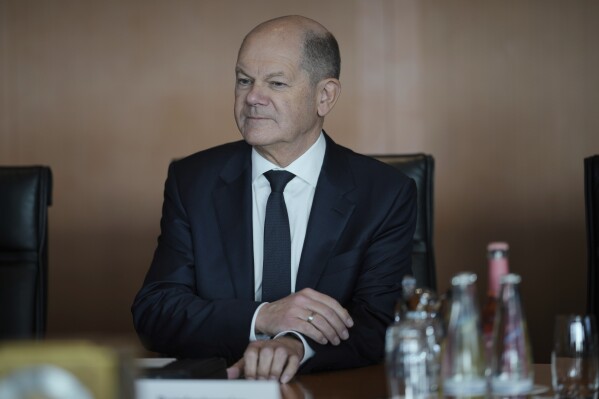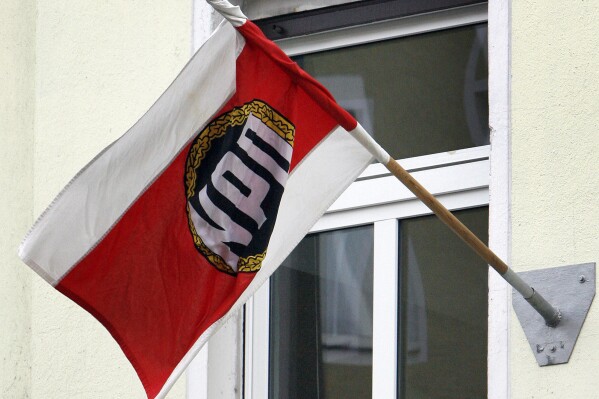The popularity of a far-right party produces counter-rallies across Germany
BERLIN (AP) — Hundreds of thousands of people in Germany turned out for a third weekend to protest the popularity and policies of the far-right Alternative for Germany, or AfD party.
A rally in Hamburg took place Sunday with a theme of “For diversity and our democracy - Hamburg stands united against the AfD.” Organizers said that up to 100,000 people marched through the northern city.
In the western city of Duesseldorf, 100,000 demonstrators rallied Saturday under the slogan “Against the AfD - We will not remain silent. We do not look away. We are taking action!”
Dozens of smaller protests took place over the weekend, including in the cities of Aachen, Osnabrueck, Kiel, Sigmaringen and Wittenberg, German news agency dpa reported.



The pro-democracy demonstrations started two weeks ago after the investigative journalists’ group Correctiv published an article saying that right-wing extremists had recently met to discuss deporting millions of immigrants, including some with German citizenship. Some Alternative for Germany members were present at the meeting.
Growing anxiety over the AfD’s rising support among the German electorate has also catalyzed this month’s events showcasing opposition to the party.
An anti-AfD demonstration in Hamburg earlier this month had to be called-off when many more participants than expected showed up.
German Chancellor Olaf Scholz applauded the large number of protesters, . He stressed that the government could not safeguard democracy in Germany alone but needs the backing of its citizens.
“Our democracy is not God-given. It is man-made,” the chancellor said in his weekly video podcast. “It is strong when we support it. And it needs us when it is under attack.”
The AfD was founded as a eurosceptic party in 2013 and first entered the German Bundestag, the national parliament, in 2017. Recent polling put the party in second place nationally with support of around 23%, far above the 10.3% of the vote it won during the last federal election in 2021.
Polls show AfD is the top party in eastern Germany, including in Brandenburg, Saxony and Thuringia states, which are slated to hold elections this fall.
Disclaimer: The copyright of this article belongs to the original author. Reposting this article is solely for the purpose of information dissemination and does not constitute any investment advice. If there is any infringement, please contact us immediately. We will make corrections or deletions as necessary. Thank you.

